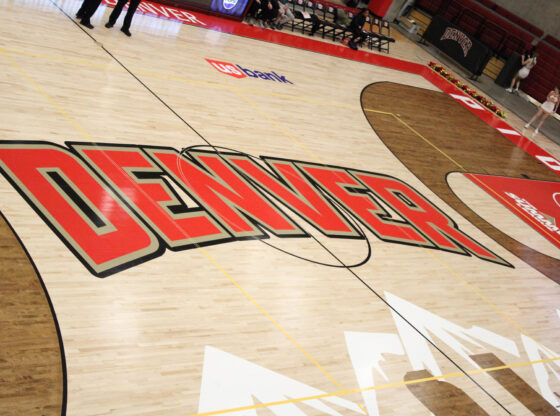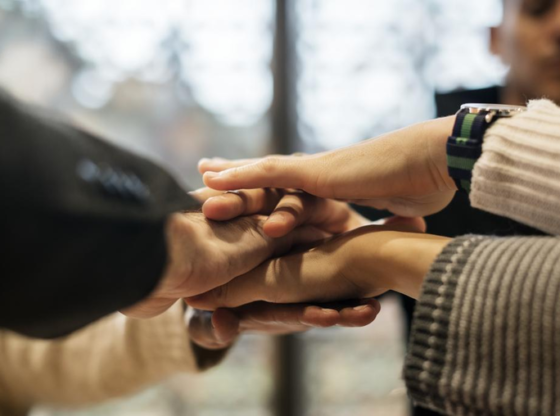Snippets of Greta Gerwig’s “Barbie,” a symbol of girlhood for many, monopolized TikTok’s For You dashboards for countless days in July and August. Alongside the movie, a myriad of trends emerged with one thing in common: they were made by and for the girls. Mind you, these are not your typical six to 13-year-olds, but the 18-29 female-identifying age demographic that represents the majority of TikTok’s users. Trends like #hotgirlwalk, #girldinner, and #girlmath are playing an important part in taking back “girlhood” and reclaiming what it means to be a girl.
As I scroll down my TikTok feed on another tedious Saturday night, I come across @gracestamariaa’s “girl dinner.” Her meal—plain pasta with olive oil and a little cheese on top—not only mirrors what I—a 20-year-old woman—had for dinner just a few minutes before but also echoes the eating habits of over 2.2 million people who liked the video.
“That is the epitome of girl dinner,” commented Jade (@reapperbabyy). “Cheesy pasta is top tier girl dinner. Personally I like a gigantic bowl of cereal with cinnamon,” added another viewer (@scuffyboots). I audibly giggle on my side of the screen.
For generations, referring to a woman as “girl” has been used to diminish and disempower her. As a matter of fact, referring to anyone as a “girl” or “girly” tends to be attached to a negative connotation. I’ve lost count of how many times I heard someone say to a male-identifying person “you throw like a girl” or “don’t play like a girl” as a way to slander them. Even when insults are not directed at female-identifying people, they have life-lasting impacts. To this day, girls of all ages are less likely to be engaged and actively participate in physical education classes due to gender stereotypes, for example.
Later on TikTok, @caseymayglothling is explaining to her dad what “girl math” is. “If I buy something and then return it, I made money,” she gives as an example. The thought pops into my mind: I’ve never identified so much with Math in my life.
As a young girl, I used to love playing with Barbie dolls and pretending my Barbie could do anything. In my hands, Barbie would be an astronaut and travel to outer space during the day and be a kick-ass surgeon during the night; she also had a to-die-for social life, partying every weekend and secretly dating the Max Steel I stole from my brother.
My girlhood was about dreaming that one day I, too, could be and do anything I wanted. But somewhere along the way, I was told I couldn’t do everything. That I shouldn’t. Multiple times I was forced to abandon my childhood, my girlhood, and “grow up” from the “harmless” jokes in cartoons to the boys in soccer practice who told me I didn’t know how to play because I was a girl. Therefore, I learned to hate being reduced to just a “girl.” But it was an inescapable fate. How could I, a girl, not be one?
The truth is, “silly” trends like #hotgirlwalk, #girldinner and #girlmath give back something that I grew to hate: calling myself a “girl.” Seeing grown women, just like myself, who have careers, families, businesses and many responsibilities, calling themselves “girls” is a form of validation. It’s not fair that young girls get their existence depreciated and their childhood stolen due to gender stereotypes, and it’s even worse that women are forced into being ashamed of their girlhood. Womanhood and girlhood are intrinsically interconnected; there is unique and unmatched value in both.











